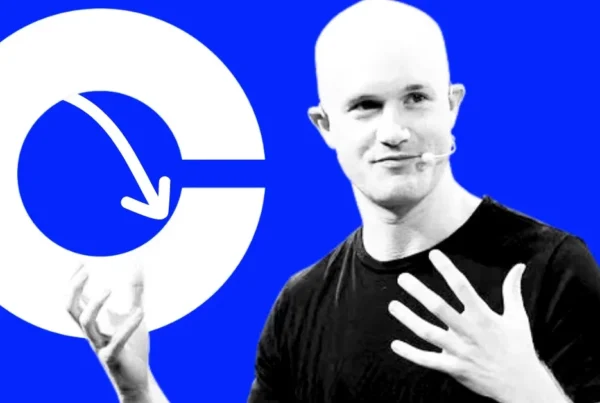Hyperliquid Tackles Validator Issues Amid Centralization Concerns
Introduction
Hyperliquid, a decentralized perpetual futures platform, has recently responded to community feedback and criticisms regarding its validator selection process and the centralization of its network. This article delves into Hyperliquid’s strategies to address these concerns, the implications for its ecosystem, and how these changes might impact its users and the broader DeFi community.
Validator Centralization
-
Community Critique: After a viral letter by Kam Benbrik on X, Hyperliquid faced scrutiny over its validator selection, closed-source code, and reliance on a single API. Critics argued that the platform’s practices might lead to centralization, which contradicts the ethos of decentralization in blockchain technologies.
-
Initial Validator Setup: Hyperliquid operates with 16 validators currently, but the community expressed worries about the selection process, suggesting that it might favor certain participants over others, potentially undermining the network’s security and fairness.
Hyperliquid’s Response
-
Denial of Allegations: The Hyper Foundation, overseeing Hyperliquid, denied allegations that validator seats were sold or that the network was overly centralized. They clarified that all validators were chosen based on testnet performance, emphasizing a merit-based system.
-
Commitment to Decentralization: To address these concerns, Hyperliquid pledged to increase the number of validators, thereby enhancing network decentralization. They introduced plans for a “Foundation Delegation Program” aimed at supporting high-performing validators, reducing dependency on foundation-controlled nodes.
Code and Transparency
-
Closed-Source to Open-Source: One of the major points of contention was the platform’s closed-source node code. Hyperliquid committed to making this code open-source once it reaches a stable and secure state, acknowledging the importance of transparency while defending their current approach as necessary for rapid development.
-
Single-Binary System: Hyperliquid compared its single-binary system to other established networks like Solana, justifying it for performance reasons but promising to evolve this approach for better decentralization.
Market Impact
-
HYPE Token Performance: Amid these discussions, the HYPE token, which saw a peak at $35 in December 2024, experienced a decline to $21. However, the platform’s efforts to address validator issues and enhance transparency might help in regaining investor confidence.
-
Trading Volume and Market Share: Hyperliquid has seen its market share in the perpetual DEX ecosystem grow significantly, with trading volumes reaching $160 billion in December. The response to validator issues will be crucial for maintaining this growth trajectory.
Future Outlook
-
Ongoing Improvements: Hyperliquid is set to continue its focus on decentralization, with plans to improve testnet onboarding processes and further decentralize validator selection. These steps are vital for maintaining trust and security in a rapidly evolving DeFi landscape.
-
Community Engagement: Engaging with the community through transparent communication and addressing their concerns directly is seen as a positive step towards building a more inclusive and resilient platform.
Conclusion
Hyperliquid’s proactive approach to tackle validator and centralization issues demonstrates its commitment to the principles of decentralization while navigating the challenges of scaling and securing a blockchain platform. As the ecosystem matures, the success of these initiatives will be pivotal in determining Hyperliquid’s standing in the competitive DeFi market.



